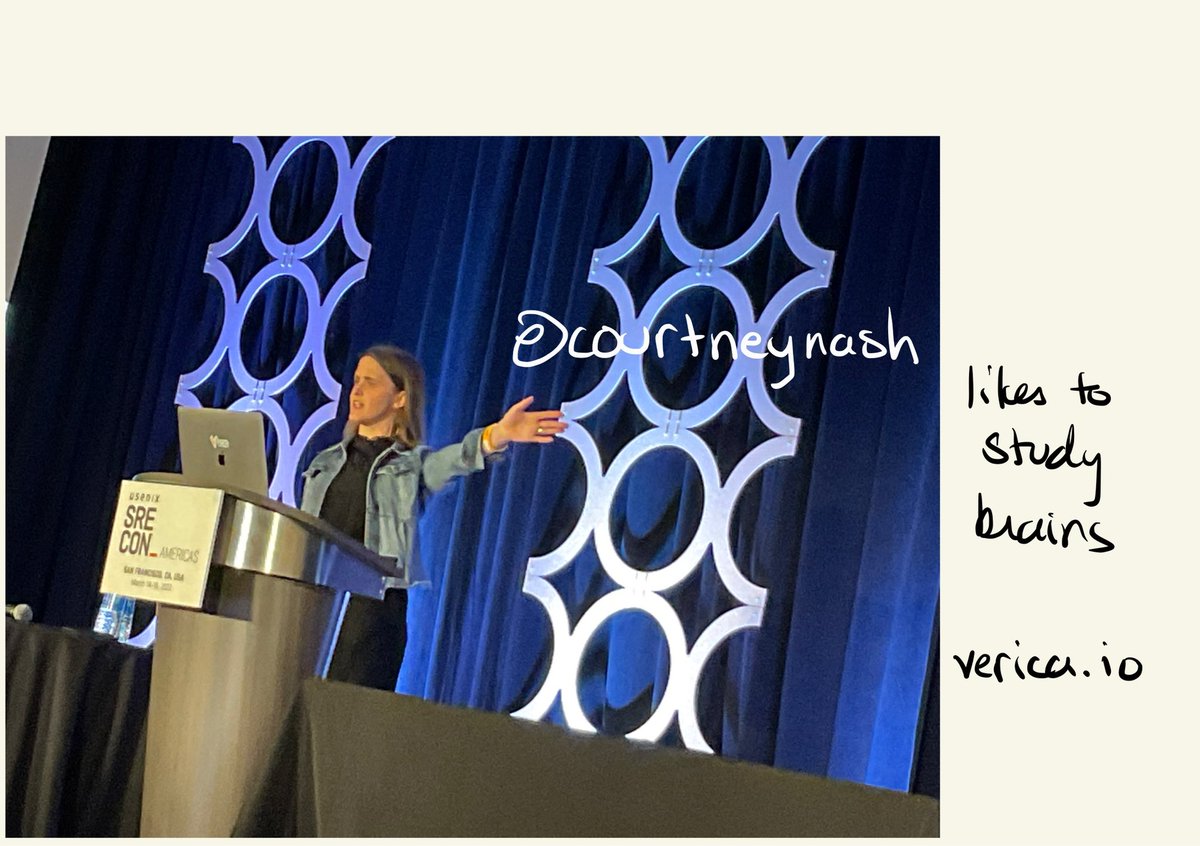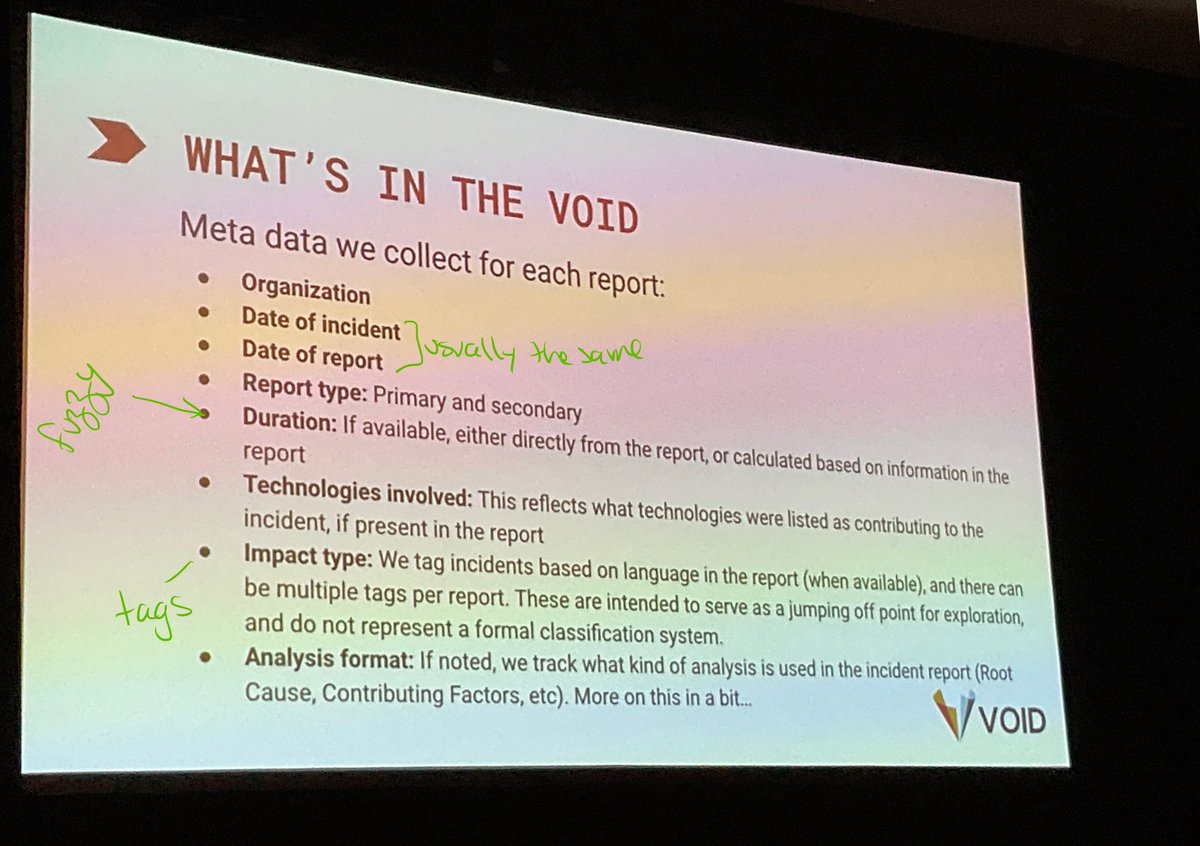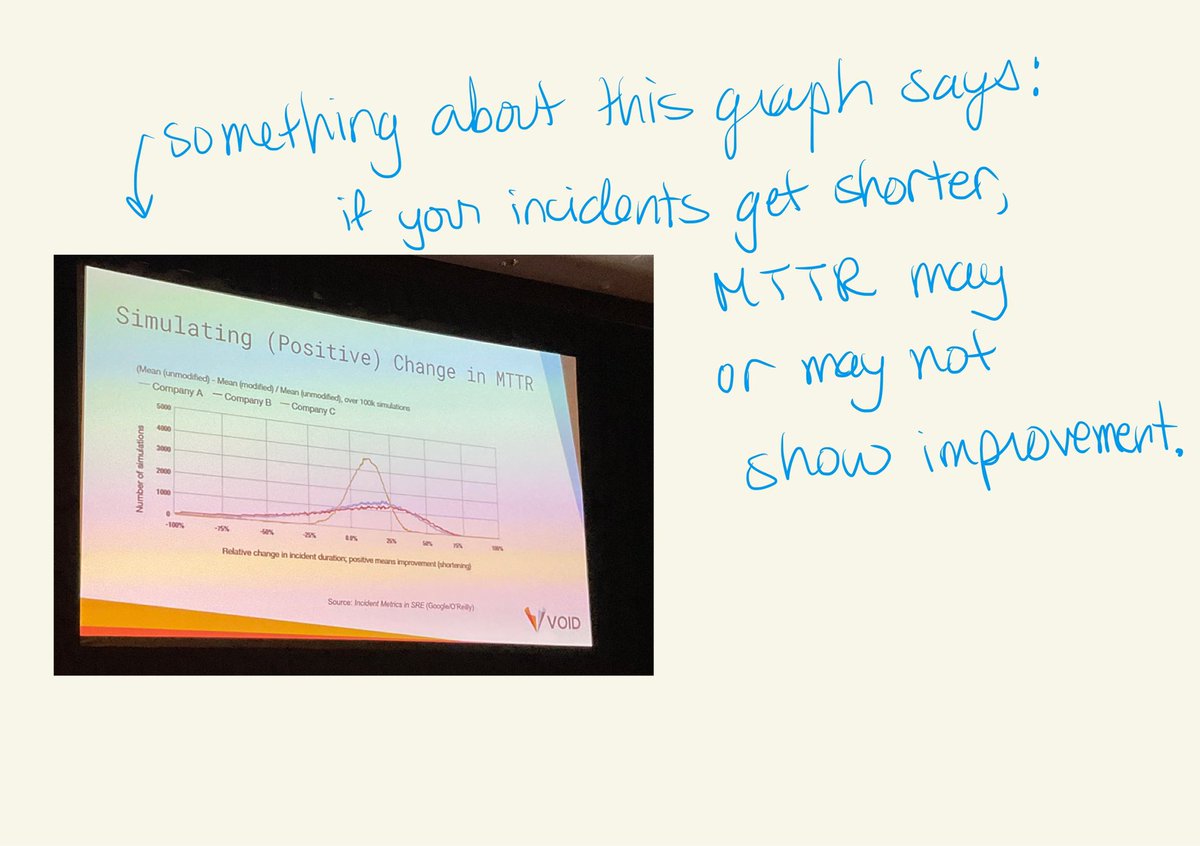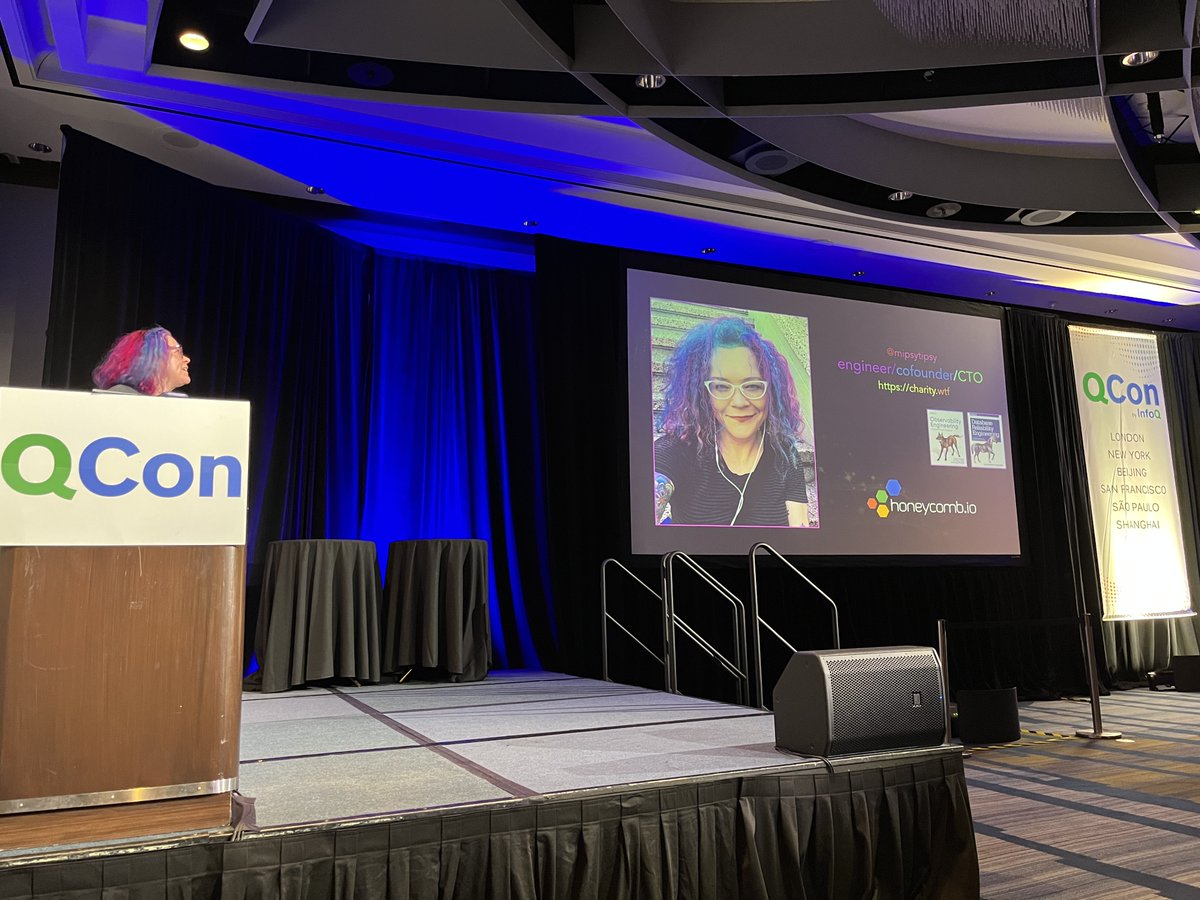What can we learn from ALL the incidents?
@courtneynash at @verica_io compiles reports from lots of companies into the VOID: Verica Open Incident Database. #SREcon



@courtneynash at @verica_io compiles reports from lots of companies into the VOID: Verica Open Incident Database. #SREcon




While every incident and every company is different, the distributions have the same shape. They are “positively skewed:” more short incidents than long ones. 



Here’s the thing:
If you don’t have a symmetric distribution (and incident’s don’t),
then central measures like mean, median, mode
don’t represent your data.
@courtneynash #srecon
That’s why MTTR is at best useless.
If you don’t have a symmetric distribution (and incident’s don’t),
then central measures like mean, median, mode
don’t represent your data.
@courtneynash #srecon
That’s why MTTR is at best useless.

If you improve your incident response times, you might lower the MTTR. Or not. That metric cannot represent this data.
Also, you’d think long = bad, but “long” doesn’t correlate with “high impact to customers.”
from @courtneynash #SREcon

Also, you’d think long = bad, but “long” doesn’t correlate with “high impact to customers.”
from @courtneynash #SREcon


Language matters in a sociotechnical system.
How we talk about our systems changes how we think about our systems,
and that changes our systems.
@courtneynash #SREcon
#NoRootCause

How we talk about our systems changes how we think about our systems,
and that changes our systems.
@courtneynash #SREcon
#NoRootCause


What can we do instead?
Focus on learning, with humans as solutions.
Learn from our successes! Near misses are great opportunity to learn from incidents that didn’t happen.
@courtneynash #SREcon

Focus on learning, with humans as solutions.
Learn from our successes! Near misses are great opportunity to learn from incidents that didn’t happen.
@courtneynash #SREcon


• • •
Missing some Tweet in this thread? You can try to
force a refresh















